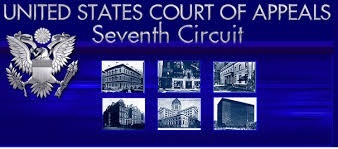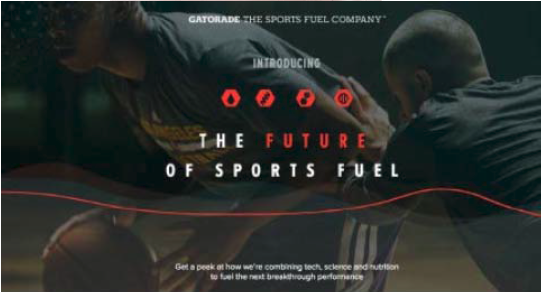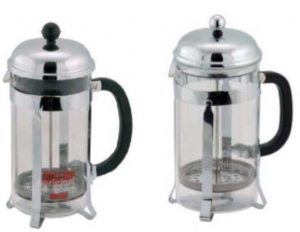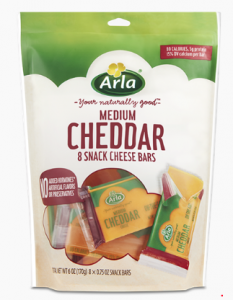
Chicago, Illinois – The Seventh Circuit Court of Appeals held that an injunction against Defendants effecting a prior restraint on defamatory speech regarding the Plaintiffs was improper.
This lawsuit springs from an Indiana event occurring in 1956 wherein Mary Ephrem, a Catholic Sister, claimed to have encountered a series of apparitions of the Virgin Mary. Those apparitions told her: “I am Our Lady of America.” A program of devotions to Our Lady began, which Patricia Fuller joined in 1965. When Sister Ephrem passed away, she willed her property to Fuller. Between Sister Ephrem’s efforts to register intellectual property pertaining to Our Lady and Fuller’s efforts, the program’s assets included both copyrights and trademarks.
In 2005, Kevin McCarthy and Albert Langsenkamp volunteered to assist Fuller in promoting devotions to Our Lady. By 2007, however, the relationship had soured. Langsenkamp established the Langsenkamp Family Apostolate and McCarthy and Langsenkamp (and the latter’s apostolate) claimed to be the authentic promoters of devotions to Our Lady. They also claimed ownership to all documents and artifacts accumulated by Fuller and Sister Ephrem.
Paul Hartman intervened on Fuller’s behalf, “launching a campaign to smear McCarthy’s and Langsenkamp’s reputations.” McCarthy and Langsenkamp, as well as the Langsenkamp Family Apostolate, sued Fuller and Hartman asserting tortious conduct, including conversion, fraud and defamation. Plaintiffs also sought a declaratory judgment that they had not infringed any of Fuller’s intellectual property. Fuller and Hartman counterclaimed, accusing Plaintiffs of theft, infringement and defamation.
The district court conducted a jury trial that resulted in a verdict in favor of Plaintiffs, who were awarded compensatory and punitive damages, as well as attorney’s fees, sanctions and costs. The district court also issued an injunction prohibiting Defendants from making certain statements “as well as any similar statements that contain the same sorts of allegations or inferences, in any manner or forum” and ordered that Fuller take down his website.
Judge Posner, writing for the Seventh Circuit, upheld the damages, fees and costs but vacated the injunction. He noted that, while the jury had held that Plaintiffs had been defamed, there was no specific indication regarding which of the many of Defendants’ statements had been deemed by the jury to be defamatory. Thus, by prohibiting all of the statements, the injunction was overbroad.
Moreover, the injunction’s preamble greatly expanded the scope of the prohibited conduct by enjoining “any similar statements [that is, similar to the injunction’s specific prohibitions] that contain the same sorts of allegations or inferences, in any manner or forum,” as those listed in the body of the injunction. This was also held to be improper as overly expansive, as an injunction must be specific about the acts that it prohibits.
The mandate within injunction that Hartman take down his website, made without a finding that everything published on the website defamed any of the Plaintiffs, was also held to be overly broad.
Finally, the Seventh Circuit opined on the injunction as it related to the First Amendment, which forbids, with some exceptions, “prior restraints” on speech by the government. One permissible exception outlined by the other jurisdictions, including the Sixth Circuit, is for defamatory statements, which may be enjoined but only where the injunction is “no broader than necessary to provide relief to plaintiff while minimizing the restriction of expression.”
The appellate court thus concluded that the trial court’s injunction could not be sustained. Without ruling that the law of the Seventh Circuit allowed the enjoining of defamatory speech, it held that, even were such an injunction permissible in the Seventh Circuit, the injunction issued by the trial court was vague, open-ended and overbroad; that it was thus a patent violation of the First Amendment; and that as a consequence the injunction must be vacated.
Continue reading
 On January 12, 2024, the Seventh Circuit Court of Appeals, in the matter of UIRC-GSA Holdings v. William Blair, upheld a district court’s ruling to award summary judgment and attorneys’ fees in favor of Blair. The issue revolved around copyright infringement claims brought by UIRC-GSA Holdings against William Blair, a financial services company. UIRC-GSA Holdings (hereafter referred to as UIRC) alleged that Blair copied certain documents used in bond offerings, which UIRC claimed copyright protection over. Blair prevailed at summary judgment, and the district court awarded attorneys’ fees under the Copyright Act. UIRC appealed, arguing that the district court erred in ruling that UIRC lacked the requisite originality for valid copyrights in the documents and in awarding fees to Blair.
On January 12, 2024, the Seventh Circuit Court of Appeals, in the matter of UIRC-GSA Holdings v. William Blair, upheld a district court’s ruling to award summary judgment and attorneys’ fees in favor of Blair. The issue revolved around copyright infringement claims brought by UIRC-GSA Holdings against William Blair, a financial services company. UIRC-GSA Holdings (hereafter referred to as UIRC) alleged that Blair copied certain documents used in bond offerings, which UIRC claimed copyright protection over. Blair prevailed at summary judgment, and the district court awarded attorneys’ fees under the Copyright Act. UIRC appealed, arguing that the district court erred in ruling that UIRC lacked the requisite originality for valid copyrights in the documents and in awarding fees to Blair. Indiana Intellectual Property Law News
Indiana Intellectual Property Law News










